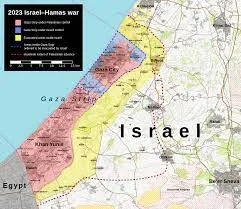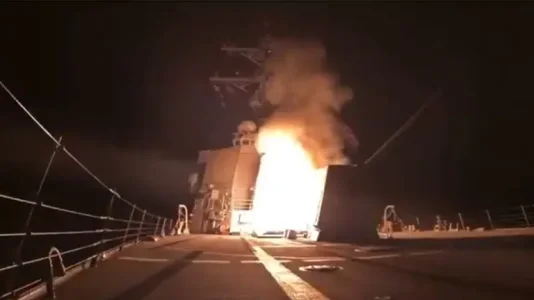
Famine looms in parts of northern Gaza, with the US State Department warning of a significant risk and possibly existing famine in some areas. This follows a ruling from the International Court of Justice ordering Israel to admit humanitarian aid into the territory. Despite Israeli claims of allowing sufficient access to aid, UN agencies and reports indicate ongoing obstacles to aid delivery.
The US President, Joe Biden, has promised a maritime aid corridor to Gaza, with a floating port expected to be ready by mid to late April. However, concerns persist about the timely delivery of aid, especially with potential delays in land deliveries via Israeli border crossings.
The situation has sparked international condemnation, with accusations against Israel of obstructing food aid, potentially constituting a war crime. The Biden administration has expressed frustration with Israel and is working to address the humanitarian crisis in Gaza.
Efforts for a ceasefire continue, with new talks approved by Israeli Prime Minister Benjamin Netanyahu. Despite UN Security Council demands for an immediate ceasefire and humanitarian access, aid groups report little change on the ground, with only a fraction of required supplies reaching Gaza since October.
The situation remains dire, with continued fighting and a pressing need for humanitarian intervention to alleviate the suffering of Gaza's population




